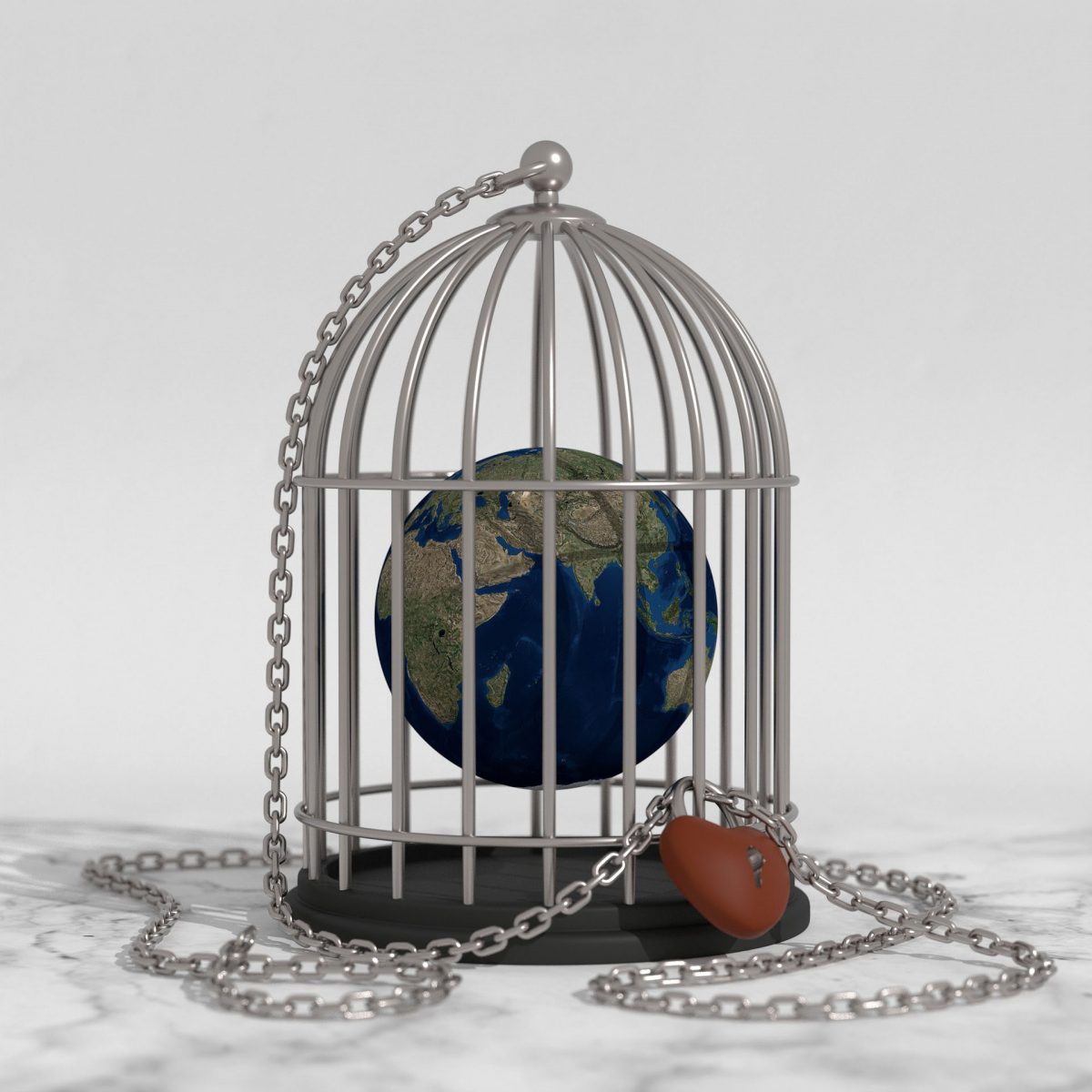 Some researchers have called quarantine and lockdown due to COVID-19 possibly one of the biggest “psychological experiments” on earth.
Some researchers have called quarantine and lockdown due to COVID-19 possibly one of the biggest “psychological experiments” on earth.
Last week we discussed the Guyanese man and the novel coronavirus and highlighted several reasons why men were more likely to ignore health and safety advice. While this may be truer for men, people in general will, after a while, begin to feel the psychological impact of being told they have to adhere to a curfew or face potential lockdown.
This may soon become the case for Guyana, where in the beginning everyone obeyed and stayed off the streets but two months later we begin to see a surge of people and vehicles in the city as though life were back to normal.
People were made to socialise with each other and now that we might have that possibility taken away from us is scary so we begin to break the rules, ignore medical advice and act like everything will just go back to being normal.
The world could be then faced with one of the biggest mental health crises it has ever seen if it doesn’t take into account the grave psychological effects quarantine and lockdown have on people. Psychological support should, therefore, not be limited only to health care workers and those infected and affected directly by COVID-19 but also accessible to the population at large. Failure to take into account a nation’s psychological well-being at a time like this is likely to result in absenteeism and burnout in the workplace which in turn affects the socioeconomic systems. Worse than that is seeing an increase in the number of depression cases, which could ultimately lead to suicide. With Guyana having one of the highest suicide rates in the hemisphere, this is not a chance we want to take.
We should, therefore, begin to see the signs and act before it’s too late. Many countries have already started implementing the following:
● Self-help interventions: A self-help intervention can be defined as a psychological treatment in which the patient takes home a standardised psychological treatment protocol and works through it, more or less independently. This is like a guide that describes the steps that the patient can take in order to apply a generally accepted psychological treatment to himself or herself. This should be accessible to the population at large.
● Education campaigns: This entails educating people about the psychological impact of quarantine and lockdown so that they have an enhanced understanding of the psychological effects of that come with COVID-19.
● Websites designated for psychological support: Websites have been created where people have the option of doing a brief mental health assessment on how COVID-19 is affecting. They also offer online support where people can chat with someone if they feel the need to reach out.
● Hotlines: Hotlines have been set up so that people can call if they feel they may be in crisis. The “telephone counsellor” would then advise them on the steps to take if their case appears to be acute.
Alicia Roopnaraine is a Psychologist at the Georgetown Public Hospital Corporation’s Psychiatric Department. You can send questions or comments to her at aliciaroopnaraine@gmail.com








